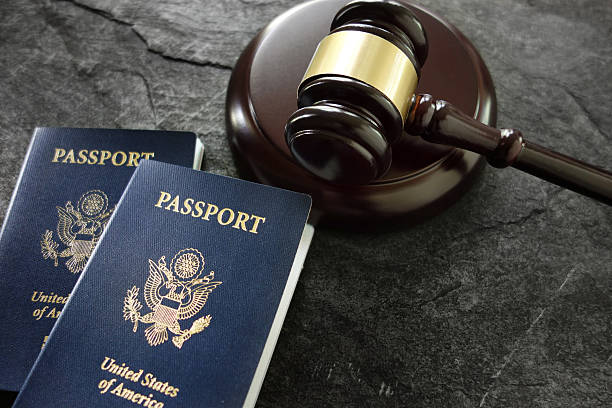Is Belgium Safe to Migrate To?
Belgium, known for its medieval towns, Renaissance architecture, and as the heart of the European Union, is an attractive destination for immigrants. As with any major life decision, considering safety is crucial when contemplating a move. Is Belgium Safe to Migrate To? This blog post provides an in-depth look at various aspects of safety in Belgium to help potential immigrants make informed decisions.
General Safety in Belgium
Belgium is generally considered a safe country, with a well-established law enforcement system and effective public safety measures. Crime rates in Belgium are relatively low compared to global standards. The most commonly reported crimes are petty theft and pickpocketing, particularly in crowded areas and tourist hotspots like Brussels, Antwerp, and Bruges. Violent crime is rare, and Belgium’s overall safety is comparable to other Western European countries. The presence of a visible police force and community-oriented policing contribute to the country’s secure environment.
Political Stability
Belgium enjoys a stable political environment, though it is characterized by a complex federal structure and occasional political disagreements between its French-speaking and Dutch-speaking regions. The country operates as a democratic constitutional monarchy with regular elections, ensuring political continuity and stability. While political protests and demonstrations are a part of the democratic process, they are typically peaceful and well-regulated, posing minimal risk to personal safety. The government’s policies on immigration are generally welcoming, reflecting Belgium’s status as a key player in the European Union.
Economic Stability
Belgium boasts a robust and diverse economy, providing ample opportunities for employment across various sectors such as technology, healthcare, education, and finance. The country’s economic stability enhances overall safety by reducing risks associated with unemployment and financial insecurity. Belgium’s economic policies support immigrants through access to employment, social benefits, and programs aimed at integrating newcomers into the labor market.
Healthcare and Social Services
Belgium is renowned for its high-quality healthcare system, which is accessible to all residents, including immigrants. The country offers a comprehensive healthcare system funded by mandatory health insurance, ensuring that everyone can receive medical care. Immigrants are required to have health insurance, which can be obtained through public or private providers. In addition to healthcare, Belgium provides extensive social services, including education, housing assistance, and integration programs, contributing to the overall safety and well-being of immigrants.
Read Also
Can a Canadian Migrate to Belgium? A Comprehensive Guide
Social Integration and Community Safety
Social integration is a key aspect of ensuring the safety and well-being of immigrants. Belgium has numerous programs and initiatives designed to support the integration of newcomers. Immigrant communities in Belgium are diverse and well-established, offering a support network for new arrivals. Community safety initiatives, such as neighborhood watch programs and local police engagement, further contribute to creating safe environments for residents and immigrants. Cultural diversity is celebrated, and various organizations work to facilitate intercultural dialogue and understanding.
Terrorism and Security Measures
Belgium has faced terrorism threats in the past, notably in Brussels in 2016. These events have led to the implementation of stringent security measures, including increased surveillance, security checks, and public awareness campaigns. The Belgian government maintains a high level of vigilance to protect residents and visitors. While the threat of terrorism cannot be entirely eliminated, the robust counter-terrorism strategies in place significantly mitigate the risks.
Natural Disasters and Environmental Safety
Belgium is relatively safe from extreme natural disasters, though it experiences occasional flooding, particularly in the Flemish region, and storms. The Belgian government has comprehensive preparedness and response strategies to address these risks. Environmental safety, including air and water quality, is strictly regulated, ensuring that public health is safeguarded. Efforts to address climate change and environmental sustainability are ongoing, contributing to long-term safety.
Legal Protections and Rights
Immigrants in Belgium enjoy substantial legal protections and rights, supported by national and European Union laws. Anti-discrimination laws protect immigrants from unfair treatment based on race, ethnicity, religion, or nationality. Additionally, immigrants have access to legal assistance and support services to navigate the legal system and address any issues they may encounter. Belgium’s commitment to human rights and equality ensures that immigrants are treated with dignity and respect.
Conclusion
Belgium offers a generally safe environment for immigrants, supported by stable political and economic conditions, high-quality healthcare, and comprehensive social services. While challenges exist, such as petty crime and occasional political disagreements, these are manageable with proper precautions and awareness. By understanding the various aspects of safety and leveraging available resources, potential immigrants can make informed decisions and successfully integrate into Belgian society.
